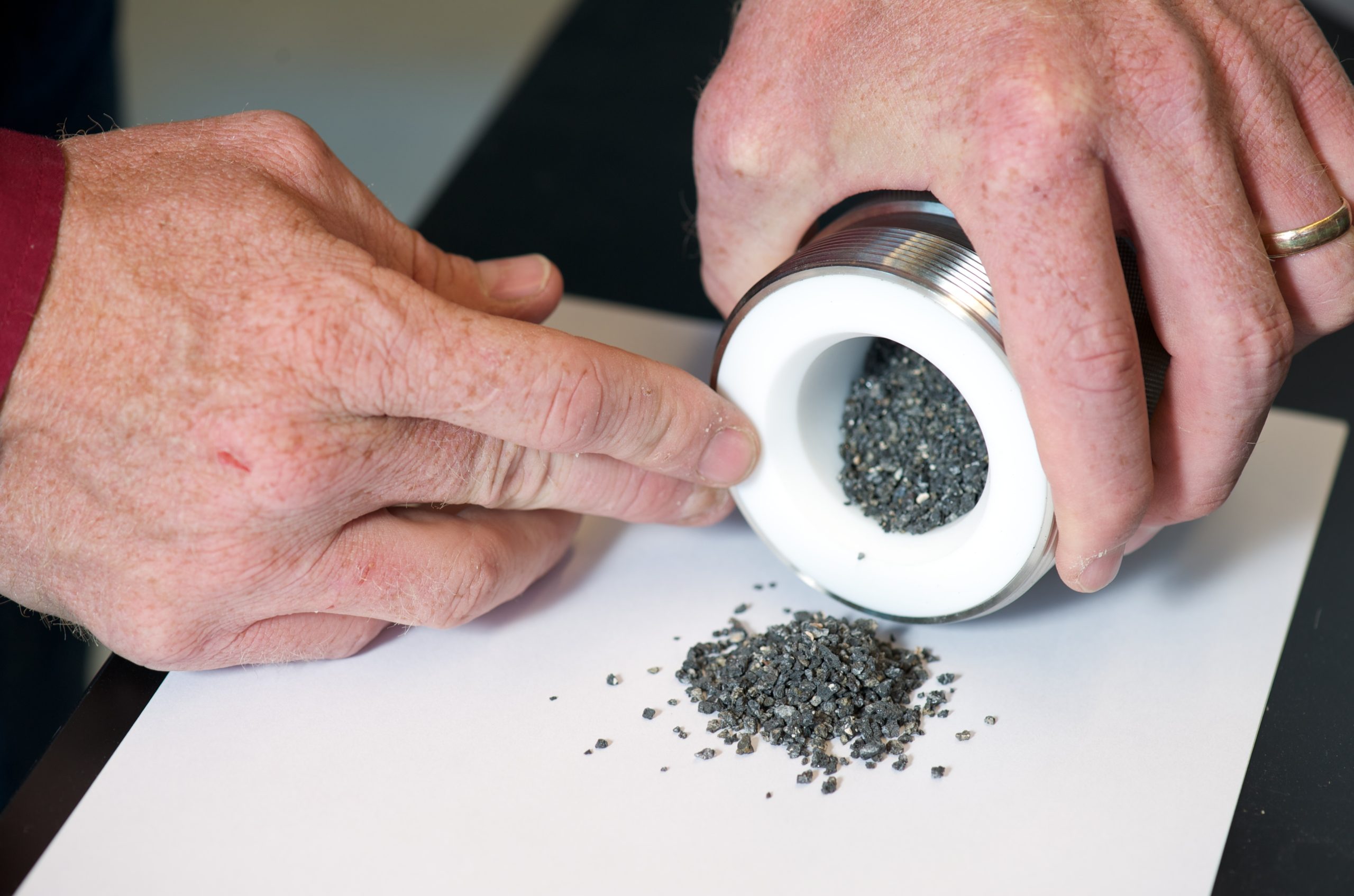While the future of the energy transition is inherently uncertain, two things have long been clear to many energy analysts. First, energy demand in Asia Pacific will continue to grow in the coming decades; and second, this demand will almost inevitably be met largely by fossil fuels.
Now, thanks to obligations before the global community we can add a third certainty – Asia Pacific will have to manage its emitted CO2 emissions, finding solutions to capture and store it.
According to the IEA, overall energy demand in Asia Pacific will grow about 3% annually to 2030. Nearly 75% of that increase will be met by fossil fuels because the region’s relatively modest renewable energy expansion is not on course to accommodate rising demand. By 2050, however, that figure could even reach 90%, warns ASEAN’s Center for Energy.
Unless there’s a major course change in renewables, carbon capture is left as the only feasible solution to help Asia reach its CO2 reduction targets. Sensing a tremendous opportunity, Japan is determined to lead the carbon capture and storage (CCS) effort and to foster the creation of an Asia-Pacific CCS market. JOGMEC, which for nearly two decades was tasked with securing oil, gas and mineral supplies for Japan, is now the country’s chief coordinator for these CCS efforts.
Still, there are a number of obstacles that must be contended with. These include an absence of common rules and regulations among interested nations in Asia-Pacific, as well as a lack of proven business history, and challenges in how to transform CCS into a real and profitable business.

